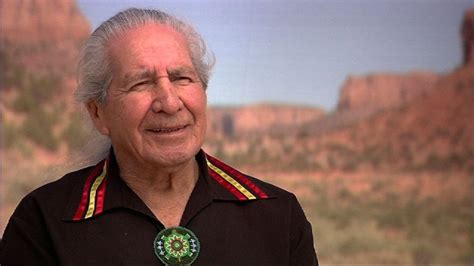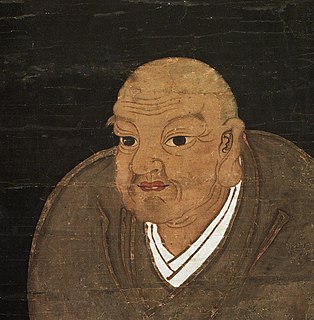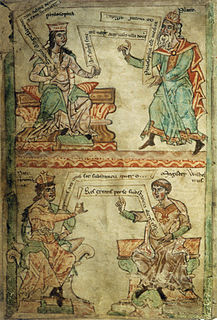A Quote by Edward Coke
And the law, that is the perfection of reason, cannot suffer anything that is inconvenient.
Quote Topics
Related Quotes
There is really no reason to suffer. The only reason you suffer is because you choose to suffer. If you look at your life you will find many excuses to suffer, but a good reason to suffer you will not find. The same is true for happiness. The only reason you are happy is because you choose to be happy. Happiness is a choice, and so is suffering.
The best test to know whether an entity is real or fictional is the test of suffering. A nation cannot suffer, feel pain or fear, or has no consciousness. Even if it loses a war, the soldier suffers, the civilians suffer, but the nation cannot suffer. Similarly, a corporation cannot suffer, when it loses its value, it doesn't suffer. All these things, they're fictions. If people bear in mind this distinction, it could improve the way we treat one another and the other animals. It's not a good idea to cause suffering to real entities in the service of fictional stories.
God cannot suffer - at least not as we do. It has some roots in Greek philosophy: if God is a perfect being, suffering would reduce that perfection, so God cannot suffer. More thoughtful theologians take the phrase in the sense of one of the confessions of faith that talks of God as being "without parts or passions" - he is not physical as we are, and not subject to "passions" in the sense of uncontrollable emotions that can take charge of us at times. God is not "emotional," if that word is used as some kind of weakness.
The impulse to perfection cannot exist where the definition of perfection is the arbitrary decision of authority. That which is born in loneliness and from the heart cannot be defended against the judgment of a committee of sycophants. The volatile essences which make literature cannot survive the clichés of a long series of story conferences.
































